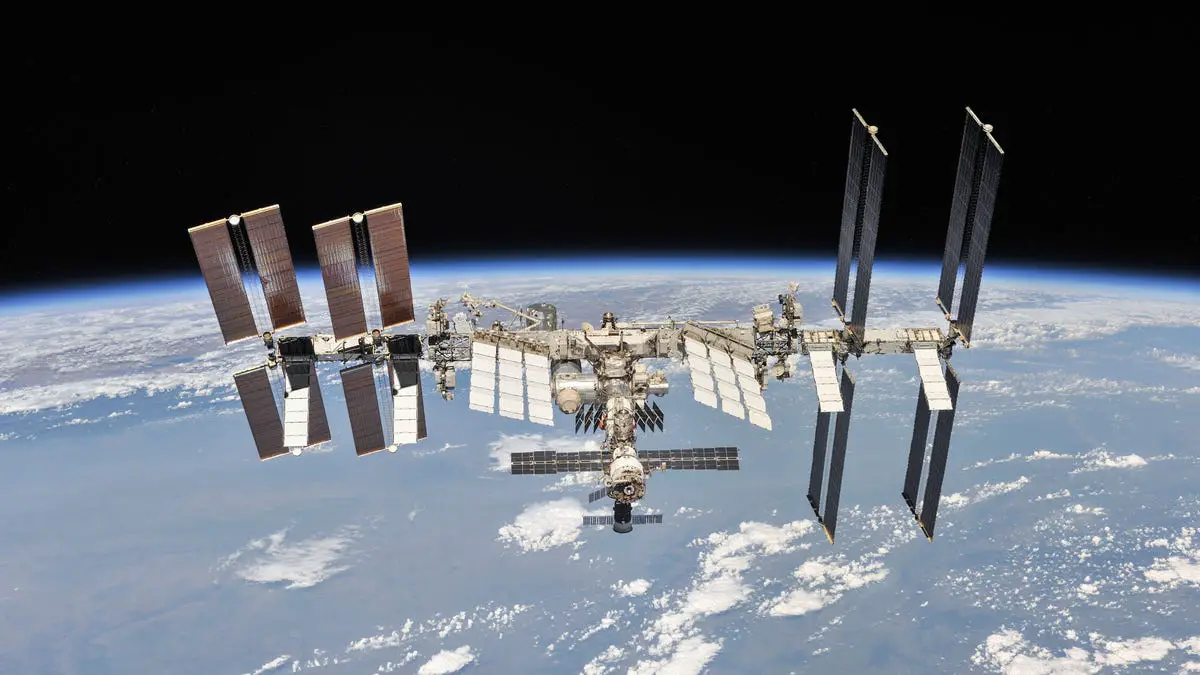Former Russian space agency chief Dmitry Rogozin hinted at the imminent end of the U.S.-Russia space relationship after Russia’s incursion of Ukraine and the subsequent International sanctions.
In February he tweeted, “If you stop collaboration with us, who will protect the ISS [International Space Station] from uncontrolled orbital maneuvers and crash into the USA or Europe?” The SpaceX logo was Elon Musk’s response to the request.
Unlike Russia’s Soyuz rockets, private spacecraft is capable of performing the mission. Companies like SpaceX can transport personnel to the ISS, meaning that terrestrial conflicts no longer have to endanger cosmological exploration.
As a result, the news that Russia plans to leave the ISS after 2024 (later pushed out to 2028) was met with a very little panic. Instead of taking a trip on a Russian rocket, NASA can just send humans up in a Crew Dragon capsule atop a Falcon 9 rocket.
Before Russia’s recent rocket rattling, Musk and others in the space industry as well as U.S. officials had already theorized that SpaceX might help make up for the shortfall in personnel and equipment.
The European Space Agency (ESA) started seriously considering using SpaceX rockets to replace its diminished Russian rocket capability in August. Director General of the European Space Agency Josef Aschbacher raised the issue of private alternatives, saying that the crisis in Ukraine was a “wake-up call” that the European space program had grown “too reliant on Russia.”
As a result of Russia’s invasion of Ukraine, the two countries will no longer share responsibility for operating the International Space Station (ISS), which has never been a smooth process.
The International Space Station (ISS) was, for a while, a paragon of the confidence and collaboration required to sustain a space mission, since it consisted of two sections, one controlled by the Americans and the other by the Russians.
However, the ISS has already proven to be a bargaining chip in terrestrial issues long before the invasion of Ukraine in 2022. When the United States imposed sanctions on Russia after its 2014 annexation of Crimea, Rogozin joked that NASA would need a trampoline to reach the International Space Station.
When it succeeded, the arrangement provided some inspiration but the Earth already has enough geopolitical strife without holding the universe captive as well.
The International Space Station, however, is departing. NASA plans to decommission the station in 2031, and in the meanwhile, three American companies—Blue Origin, Nanoracks, and Northrop Grumman—are creating new commercial space stations that, according to NASA, “will be accessible to both government and private-sector clients.”
In times of diplomatic crisis, it may be difficult for governments to put Earth politics aside. Putting space-based creativity into the hands of private investors may set it free from the constraints of terrestrial politics.
Source: Reason

